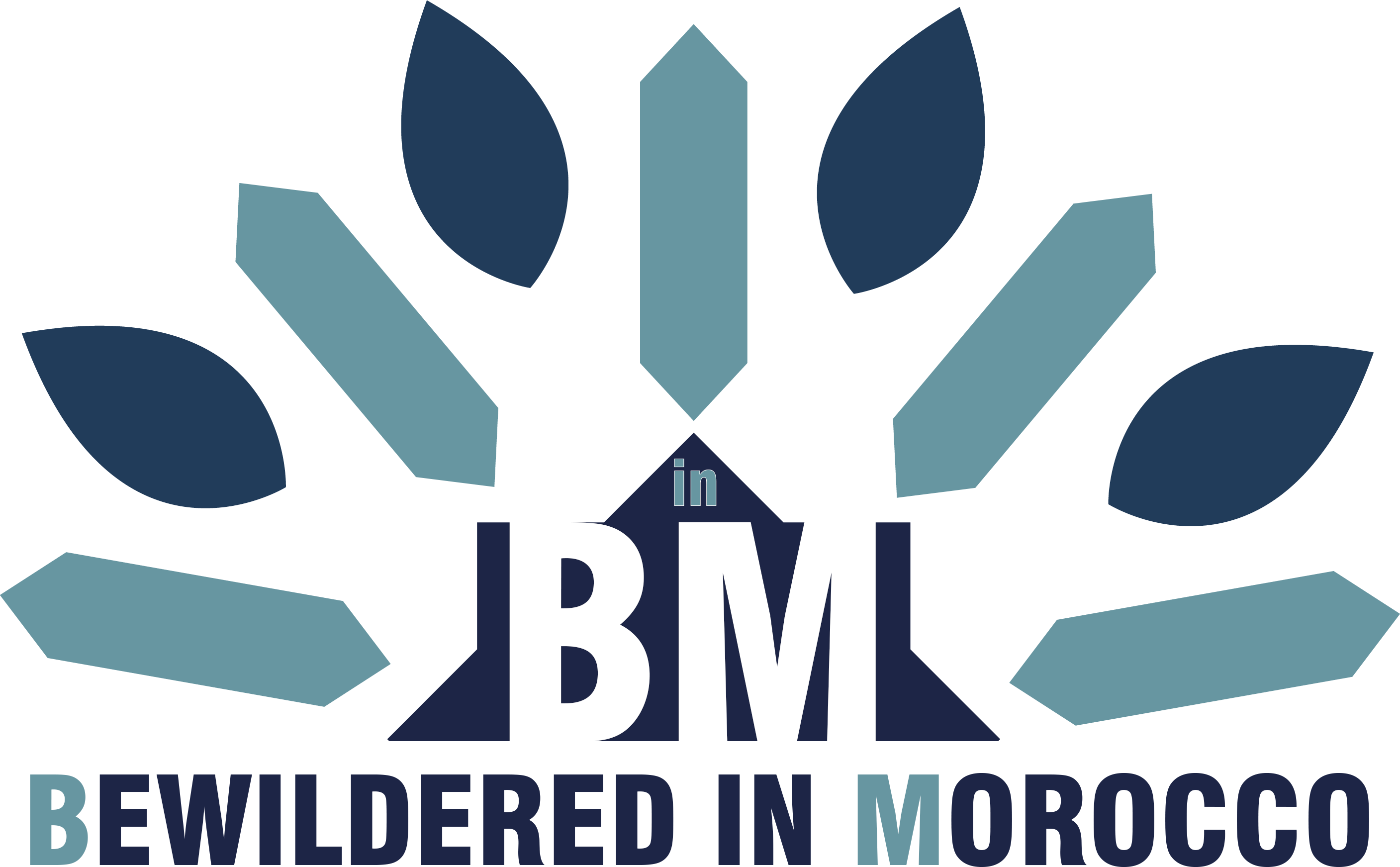Living in Morocco for over a decade, I've witnessed many changes in this beautiful country. But nothing has been quite as dramatic – or as complex – as what's happened to the housing market in recent years. Let me share what I've observed and learned about this phenomenon that's affecting so many Moroccan families.
When Home Prices Skyrocket Overnight
Picture this: you've been saving for years to buy your first home in Rabat, Casablanca, or Marrakech. You've been watching the market, planning your budget, maybe even looking at specific neighborhoods. Then suddenly – and I mean suddenly – the prices you could almost afford are now completely out of reach.
This isn't my imagination running wild. Over the past two years, 2024 and 2025, real estate prices across Morocco have shot up like rockets. Everyone's noticed it. The young couple next door who've been renting for five years and dreaming of buying. The families I know who've had to move further from city centers because they simply can't afford what they used to consider "normal" neighborhoods.
And here's the thing that initially surprised me: this isn't a housing bubble that's going to burst and return to normal levels. This is something much more fundamental happening to Morocco's housing landscape.
The New Wave: European Retirees Finding Their Moroccan Dream
At first, I wondered if this was connected to Morocco hosting the World Cup or the Africa Cup of Nations – big international events that sometimes drive up property speculation. But the more I talked to people and observed what was happening around me, the clearer it became: we're witnessing a significant wave of European migration to Morocco.
And it's not just any Europeans – it's primarily retirees, many of them French, coming to collect their pensions (la pension) here in Morocco. They're essentially becoming expats in the truest sense, leaving their home countries to start new chapters of their lives here.
Why Morocco? The Appeal is Real
Through conversations with several European friends who've made this move, I've started to understand the draw. They've shared something that really made me think: many feel that the social solidarity and community support that exists naturally in Moroccan society has been lost in their home countries.
You know what they mean if you've lived here long enough. There's something about Moroccan culture – the way neighbors look out for each other, the way extended families stay connected, the genuine warmth in daily interactions – that many Europeans find missing from their increasingly individualistic societies back home.
Then there's the practical side: the quality of life (qualité de vie) is genuinely better and more affordable here. The weather, the pace of life, the cost of living – it all adds up to an attractive package for someone on a European pension.
Many of these new residents bring their children and enroll them in international schools (les missions), creating entire family units that are establishing roots here.
The Rental-to-Purchase Pipeline
Here's where it gets interesting from a market perspective. When these European migrants arrive, they often start by renting. And here's the key: what they used to pay for housing back in France or other European countries makes Moroccan rental prices – even the inflated ones – seem reasonable to them.
So they rent initially, but many eventually buy. And when someone's reference point for housing costs is European prices, they're willing and able to pay significantly more than what locals have traditionally paid for the same properties.
The Ripple Effect: Who Feels the Impact?
This trend, which really accelerated after COVID-19, has created a ripple effect across several Moroccan cities. The most visible impact? It's affecting the purchasing power of Moroccan families who want to buy homes in these same cities.
I think about the young professionals I know, the teachers, the small business owners – people who represent the backbone of Moroccan society. Many are finding themselves priced out of areas they grew up in or had planned to settle in.
It's not just about the absolute numbers on price tags. It's about dreams deferred, life plans altered, and a fundamental shift in who can afford to live where.
A Complex Reality with No Easy Answers
This situation isn't about pointing fingers or assigning blame. The Europeans moving here aren't doing anything wrong – they're making perfectly rational decisions based on their circumstances. Morocco's appeal is genuine, and the country has always been welcoming to people from around the world.
But the unintended consequences are real and deserve honest discussion. When global economic differences meet local housing markets, the results can be transformative in ways that aren't always equitable.
What Does This Mean for Morocco's Future?
As someone who chose to make Morocco home over a decade ago, I find myself in a unique position to observe this phenomenon. I see the benefits – increased international investment, cultural exchange, economic activity. But I also see the challenges for local families and communities.
This is Morocco's reality right now: a country so appealing that it's attracting a new wave of residents, but grappling with the housing market pressures that come with that appeal.
What's your experience been? Have you noticed these changes in your city or neighborhood? I'd love to hear your thoughts and stories about how Morocco's changing housing landscape has affected you or your community.
Have you witnessed similar changes in your area? Share your experiences in the comments below – let's continue this important conversation about our evolving Morocco.
